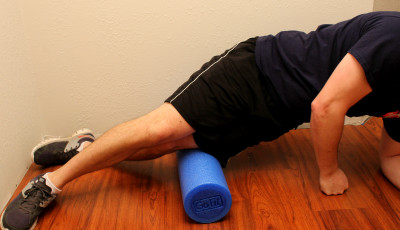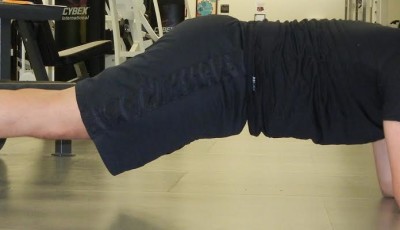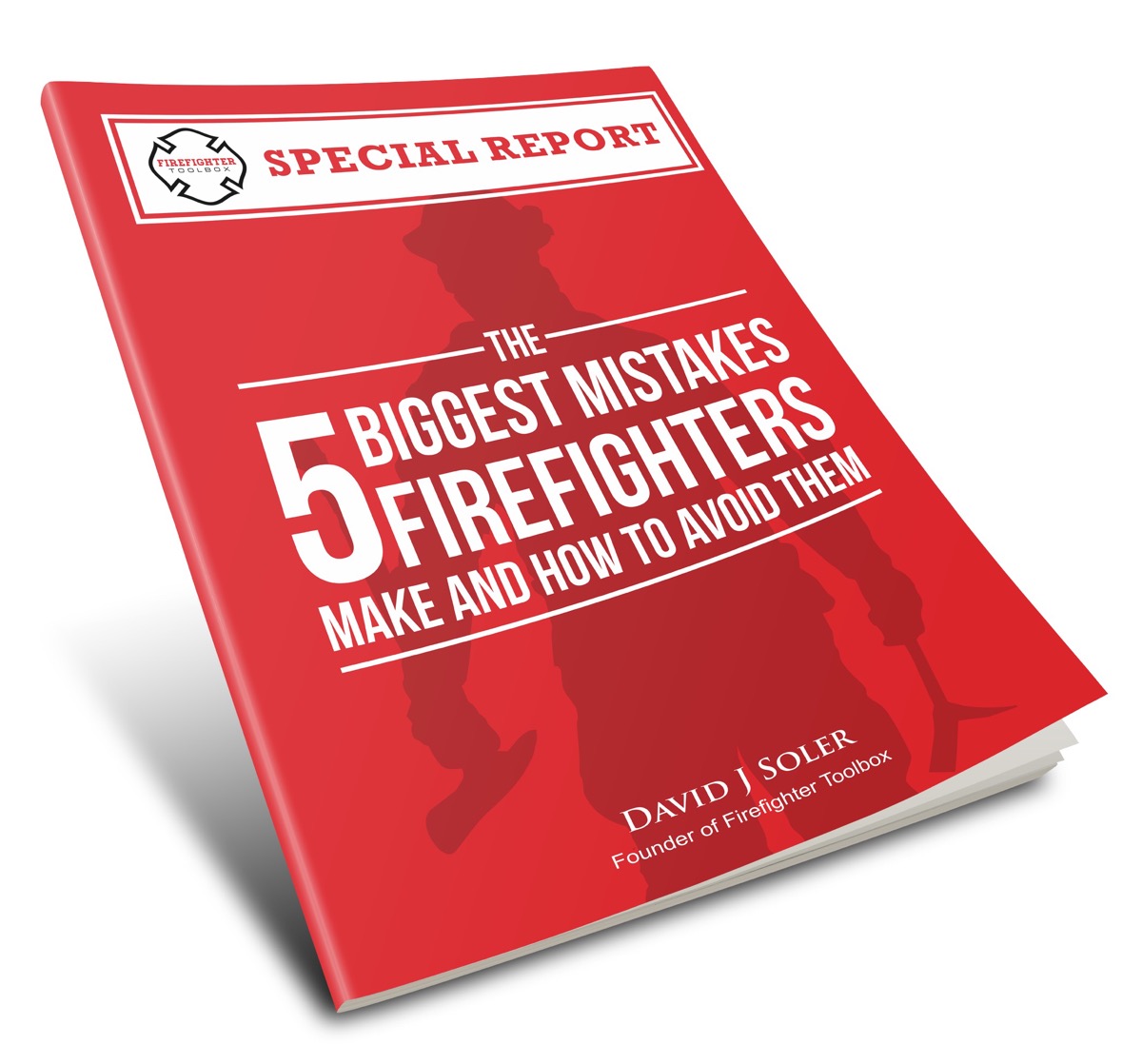How You Can Dramatically Change Your Health in Just 10 Minutes – Part 1
Do you think that to dramatically change your health you will need a complete lifestyle overhaul? Well, that’s wrong.
Although well-meaning “health nuts” may tell you that you must work out for hours at a time, the actual science shows that just 10 minutes of exercise goes a long way toward lengthening your lifespan and improving your quality of life.
Research shows that there is an optimal amount of exercise (any movement that moderately increases your heart and breathing) that will result in a dramatically reduced risk of developing chronic disease, including heart disease, the number #1 killer of firefighters.
What’s the Optimal Amount of Exercise According to the Research?
According to the research, we should shoot for at least 150 minutes per week of exercise, and that can be in any combination. But here’s the key: a bout of only 10 minutes counts toward that total.
So do not underestimate the power of walking up stairs for 10 minutes during your lunch break or forcing yourself to get off the recliner and do some walking lunges. If you simply did these short bouts twice a day every day that would add up to 140 minutes per week!
A Few Important Notes
The biggest difference in health (risk for heart attack and disease) lies between a sedentary person and a moderately active person. The data shows that approximately 150 minutes per week is the amount of exercise where the health benefit is greatest. Exercising more than 150 min/week will certainly result in even better health but the reduction in disease risk becomes smaller with increasing levels of exercise.
Also, 150 minutes per week only applies to moderate intensity exercise; which feels to most people like they’re working hard enough for their breathing and heart rate to increase, but they could still hold a conversation.
If your intensity is high enough that you have a hard time talking, then you don’t need to complete 150 minutes per week to meet the threshold where you’re getting the greatest benefit toward your health. How much then? I’ll reveal that in part 2 of this article. (When Released)











